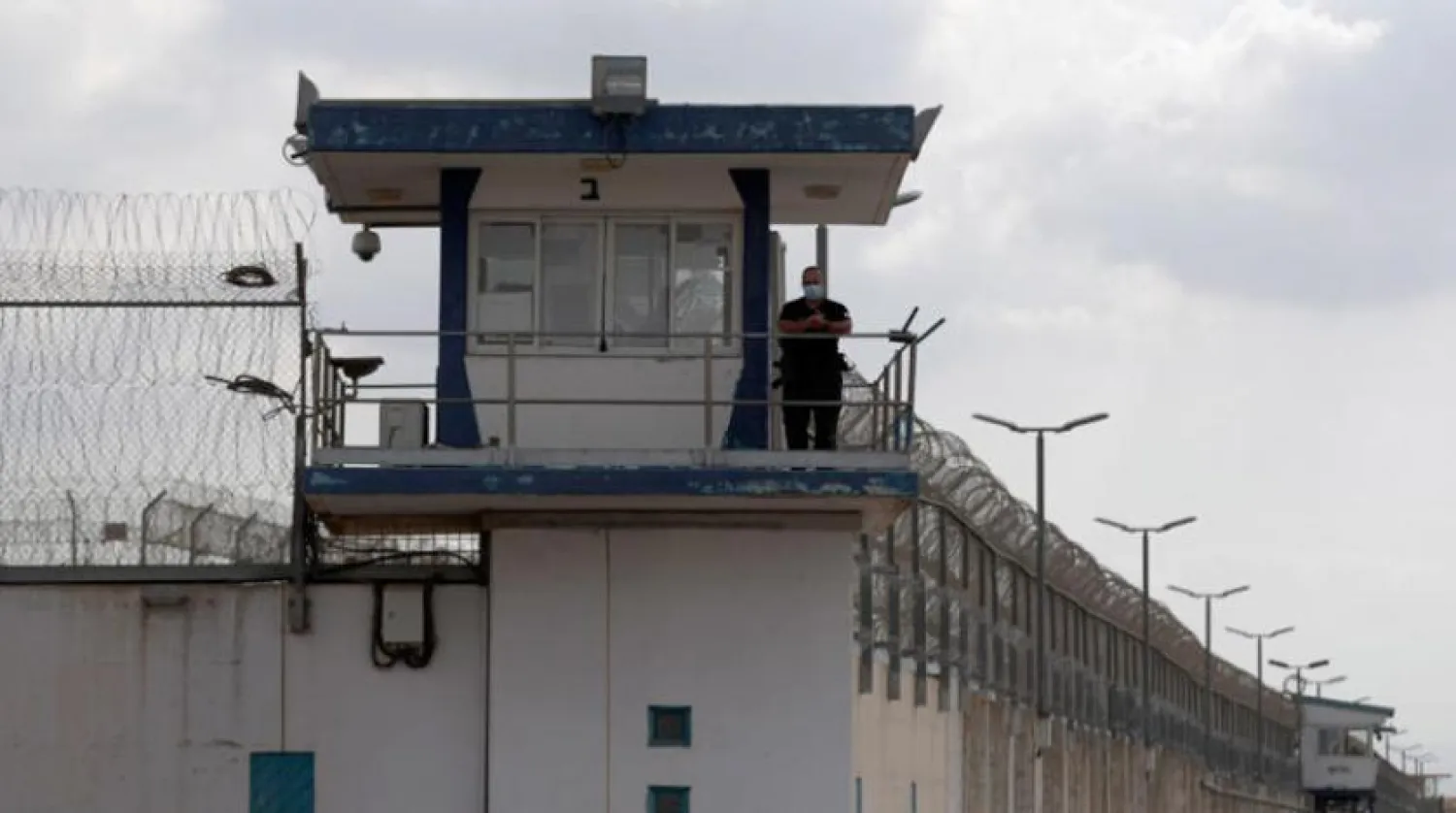A report on the escape of six Palestinian prisoners from the Gilboa prison in early September has indicated that they likely crumbled the concrete on the floor of the cell using acid or Coca Cola soft drink.
The Israeli Army’s Combat Engineering Corps issued a report showing that the escape route of the prisoners included lifting a marble slab in the shower cubicle and digging a tunnel shaft through layers of steel and concrete to the space below.
“The prisoners dug a tunnel shaft under a marble slab in the shower cubicle, passing through the top tin (5 mm of steel) and through the ground floor (20 cm of concrete) into the underground space,” the report read.
It pointed to the fact that the concrete can be weakened and crumbled over time by using various acids, without the use of special means, “a cola drink can be used.”
“The length of the escape tunnel is about 35 meters, 29 meters of which they dug themselves, with an average diameter of 0.5 meters, which includes around 5-6 cubic meters of soil, they gradually disposed through the sewers.”
“The excavation material was used to line the excavated route inside the spaces of the link beams, saving the need to evacuate the excavation material into the prison,” it explained.
Meanwhile, Israel’s Prison Service (IPS) transferred the prisoners, who will be indicted on Sunday, to solitary confinement in various prisons.
According to Karim Ajwa, a lawyer in the Palestinian Authority's Prisoners and Freed Prisoners Committee, Mahmoud al-Ardah has been placed in a small and dirty cell in Ashkelon prison.
He is being monitored constantly in solitary confinement, including when he uses the toilet, depriving him of privacy.
He is considering a hunger strike if his prison conditions worsen in the coming days, Ajwa stressed.
Zakaria Zubeidi is being held in the notorious desert prison of Eshel in the Negev, in southern Israel, Ajwa said, while Ayham Kamةji has been moved to solitary confinement in Ohli Kedar prison, also in the Negev, Yaqoub Qadri to Rimonim prison and Munadel Nfeiat and Mahmoud Abdullah Ardah to Ayalon prison in Ramla.









